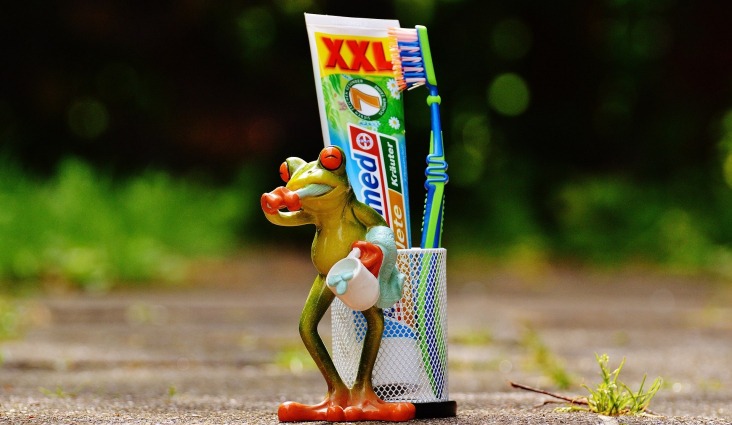Most people know the benefits of brushing their teeth and do it daily. Some of them brush twice a day or even after every meal. Bottom line – ensure your teeth are healthy to avoid dental issues. It’s of utmost concern that only a few people floss their teeth on a daily basis to remove cavities that develop in pits and grooves of the teeth. The reason could be because there are some myths associated with flossing which aren’t proven facts.
- Flossing Causes Gum Bleeding
On the contrary, flossing helps against gum bleeding. Bleeding of gums could only mean you have a gum disease such as periodontitis, or gingivitis. It’s funny how people think that flossing can cut your gums and cause them to bleed.
According to a pediatric dentist San Diego, flossing plays an essential role in managing gum disease. But if you floss wrongly, you could cause your gums to bleed. If the space between your teeth is too tight, don’t force to prevent stressing of your gums or even cutting them.
- Flossing is Not Necessary
When you eat your favorite delicacy and push it down with a glass of wine or soft drink, some bacteria are left in the mouth and grow on the teeth. That’s very normal but you need to knock the bacteria out, or it will grow to something worse. There are places in your mouth where your brush’s bristles can’t reach.
Flossing reaches all those places bristles can’t, including under the gums. It removes all the bacteria your brush left behind. So, the truth is, flossing is necessary to keep your teeth clean and improve your oral health.
- Flossing Can Make Fillings Fall Out
As long as your fillings were put well and are in good condition, flossing can’t make them fall out. A filling that is loose will fall even when you are brushing, and whether you floss or not, they will still need replacement. In fact, flossing will help you know whether those fillings have problems.
Failing to floss will make your teeth damage more, and you will then need more fillings and crowns, something you would not want.
- It’s Only Necessary When Food is Caught Between Teeth
The reason to floss is not only to remove some food debris that is usually left between your teeth. No! Like we mentioned above, brushing can sometimes not reach the plaque that attaches itself between your teeth, but flossing can.
Plaque can cause gum inflammation, tooth decay, and periodontal disease and you can find yourself driving to the Dentist in San Francisco in the middle of the night. A toothache hurts more than heartbreak.
- Your Teeth are Too Close to Floss
It’s not about how close your teeth are, but about the kind of floss you use. So, instead of worrying about the gaps between your teeth, start considering the type of floss you can use.
Dump the regular dental floss for a ribbon which is elastic and thinner. In case you feel that it’s impossible to floss, your teeth could be shifting, or your tooth filling could be losing its grip.
- Floss After Brushing
Yes, you can floss after you brush your teeth. It’s acceptable. But according to the dentist, it’s advisable to floss before brushing your teeth.
We all know that flossing gets rid of plaque stuck between your teeth. If you brush after flossing, you allow your brush to wash away the bacteria and the fluoride to touch the surface of your teeth.
Conclusion
Taking care of your teeth and that of your loved ones should be a concern. A healthy family saves money, and face life positively. Before going to sleep, floss your teeth and brush them.
I’m a 20-something stay-at-home mother and wife. I have an amazing husband, a beautiful daughter, two loving dogs, and a lazy cat. I wouldn’t change my life for anything! I love to read, listen to music, cook and blog!



Speak Your Mind